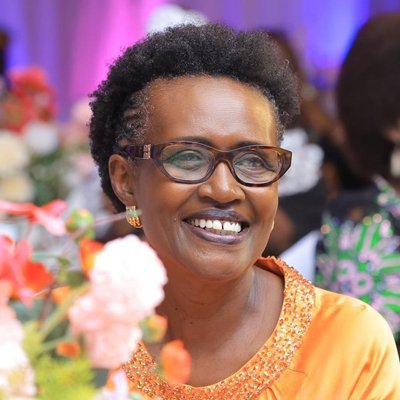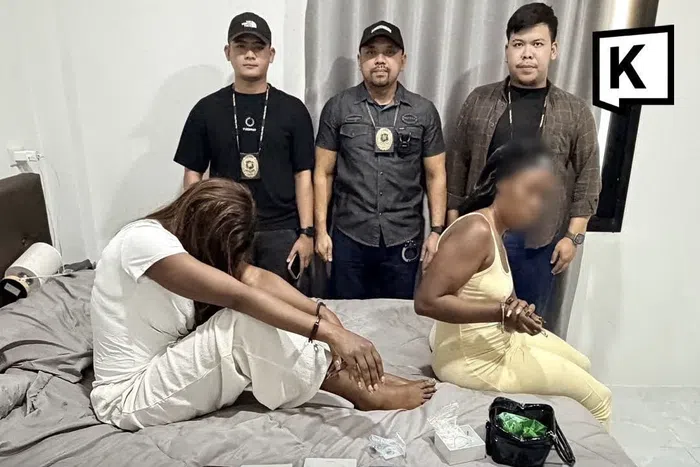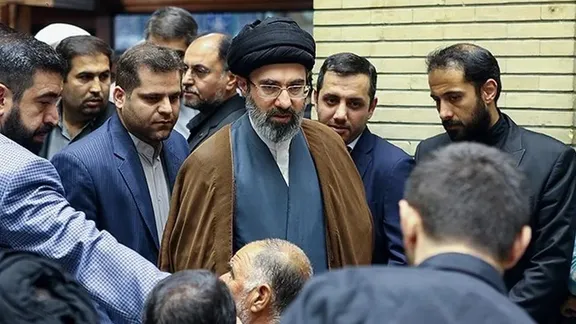
UNAIDS Chief Winnie Byanyima Joins Critics, Citing Erosion of Rule of Law as President Fast-Tracks Kiggundu’s Private Proposal
A presidential letter endorsing businessman Ham Kiggundu’s unsolicited proposal to redevelop Nakivubo Drainage Channel has sparked a governance outcry, with Winnie Byanyima, Executive Director of UNAIDS and prominent opposition figure, condemning the move as a dangerous bypass of legal and institutional processes.
The directive, signed by President Yoweri Museveni on August 2, 2025, orders Prime Minister Robinah Nabbanja to expedite Kiggundu’s plan to cover and commercialize the polluted channel, calling it a “godly proposal.” Critics, however, see it as a blatant violation of procurement rules and a threat to Uganda’s already fragile governance framework.
The Controversial Letter
In the letter, Museveni praises Kiggundu’s idea to clean and cover the channel at his own cost, then recoup investments by constructing revenue-generating properties atop it. “I approve of the plan. Help him to execute,” the President writes, copying key ministers and the Attorney General—a move interpreted as a top-down command rather than a consultative decision.
Byanyima’s Stern Rebuke
Byanyima, wife of opposition leader Dr. Kizza Besigye, lambasted the directive, stating:
“Uganda cannot be governed by presidential letters. The Nakivubo saga shows what happens when one man’s whims replace law, expertise, and institutions. Contracting without competition undermines accountability, breeds corruption, and erodes trust.”
Her remarks echo widespread concerns among civil society and governance experts:
- Sole-Sourcing Scandal: The proposal sidesteps competitive bidding required under Uganda’s Public Procurement Act, raising corruption risks.
- Institutional Marginalization: Agencies like KCCA, NEMA, and the Ministry of Water are sidelined despite their technical mandates.
- Land Grab Fears: Kiggundu, a Museveni-aligned tycoon, could secure prime city land without public scrutiny.
- Environmental Blind Spots: Covering the channel without expert input may worsen flooding or displace vulnerable communities.
Broader Implications
The Nakivubo case mirrors past controversies, such as the Lubigi Wetlands evictions, where presidential directives overrode legal and environmental safeguards. Analysts warn that such actions entrench a culture of impunity.
“Development needs professional planning, not personal whim,” Byanyima emphasized. “When the President usurps institutional roles, he weakens governance itself. Uganda’s future depends on restoring limits to power.”
What Next?
The Attorney General’s office faces pressure to review the directive’s legality, while activists vow legal challenges. Meanwhile, the Prime Minister’s silence fuels speculation about internal government divisions.
Bottom Line: As Nakivubo becomes a flashpoint for governance decay, the question looms: Will Uganda’s institutions push back, or will presidential letters remain the de facto law?
Tags: #Uganda #Museveni #WinnieByanyima #NakivuboChannel #RuleOfLaw #Corruption #PublicProcurement





